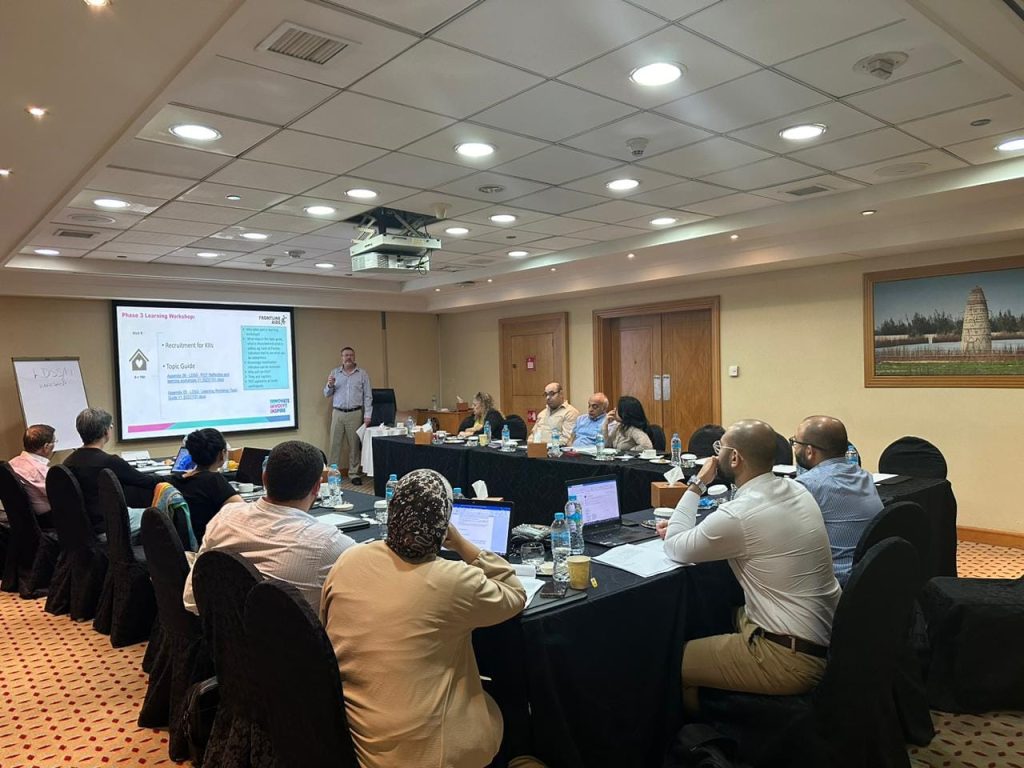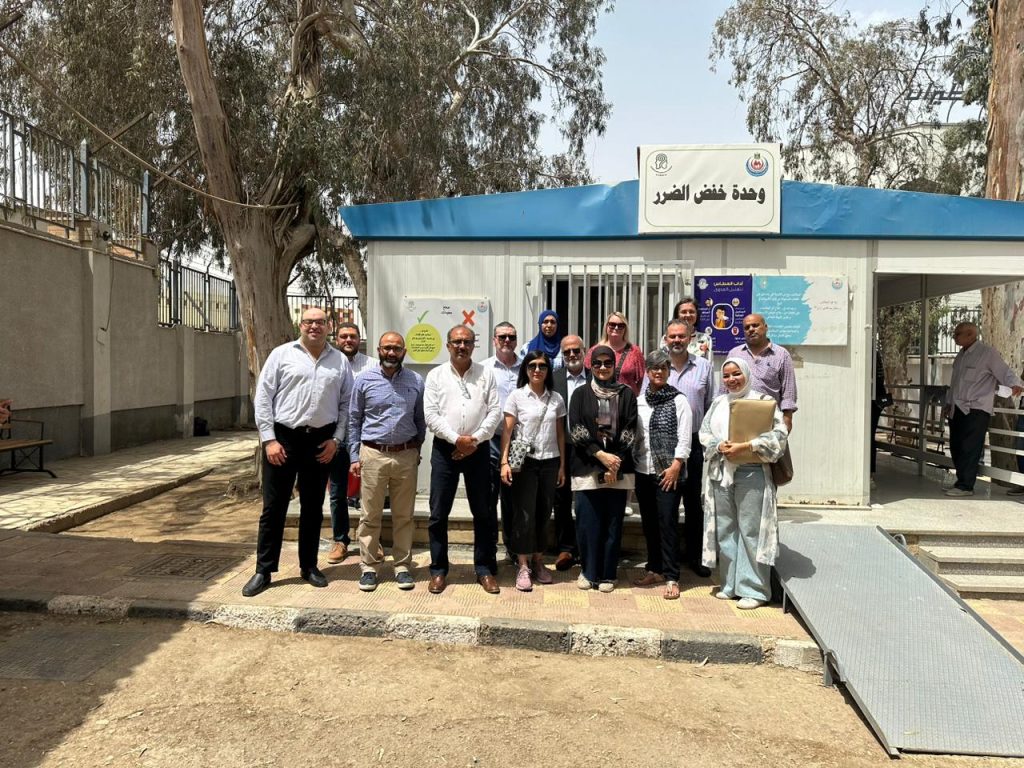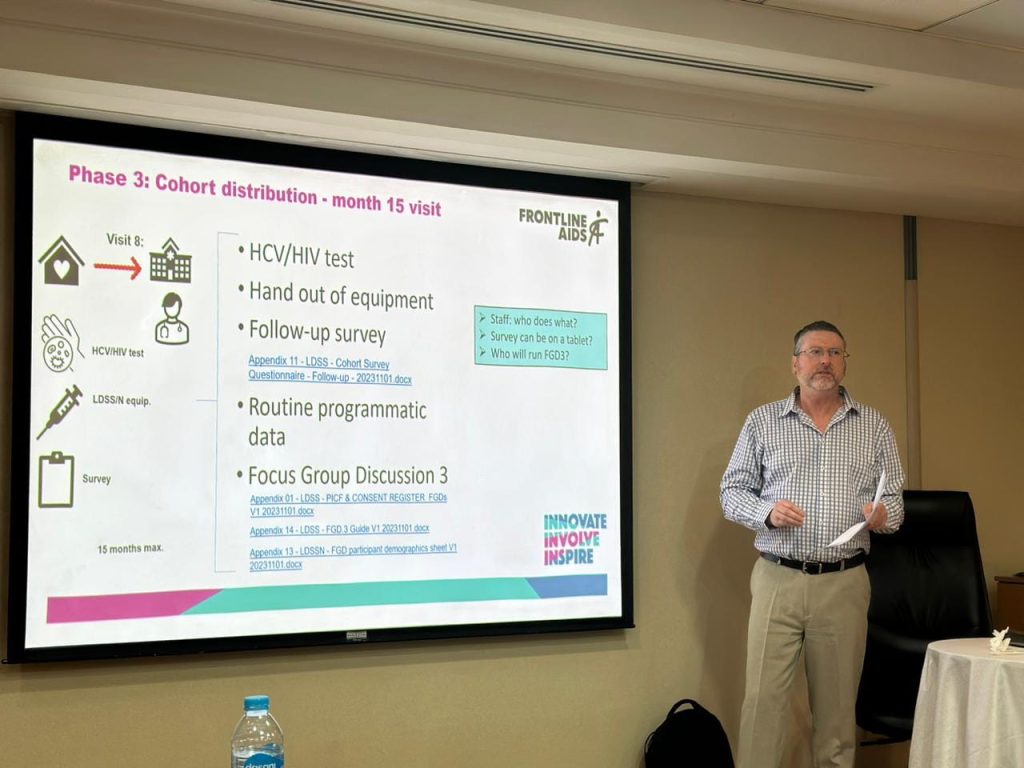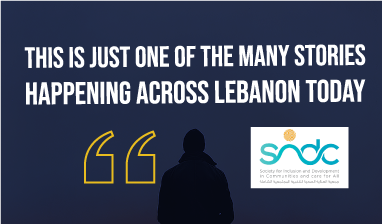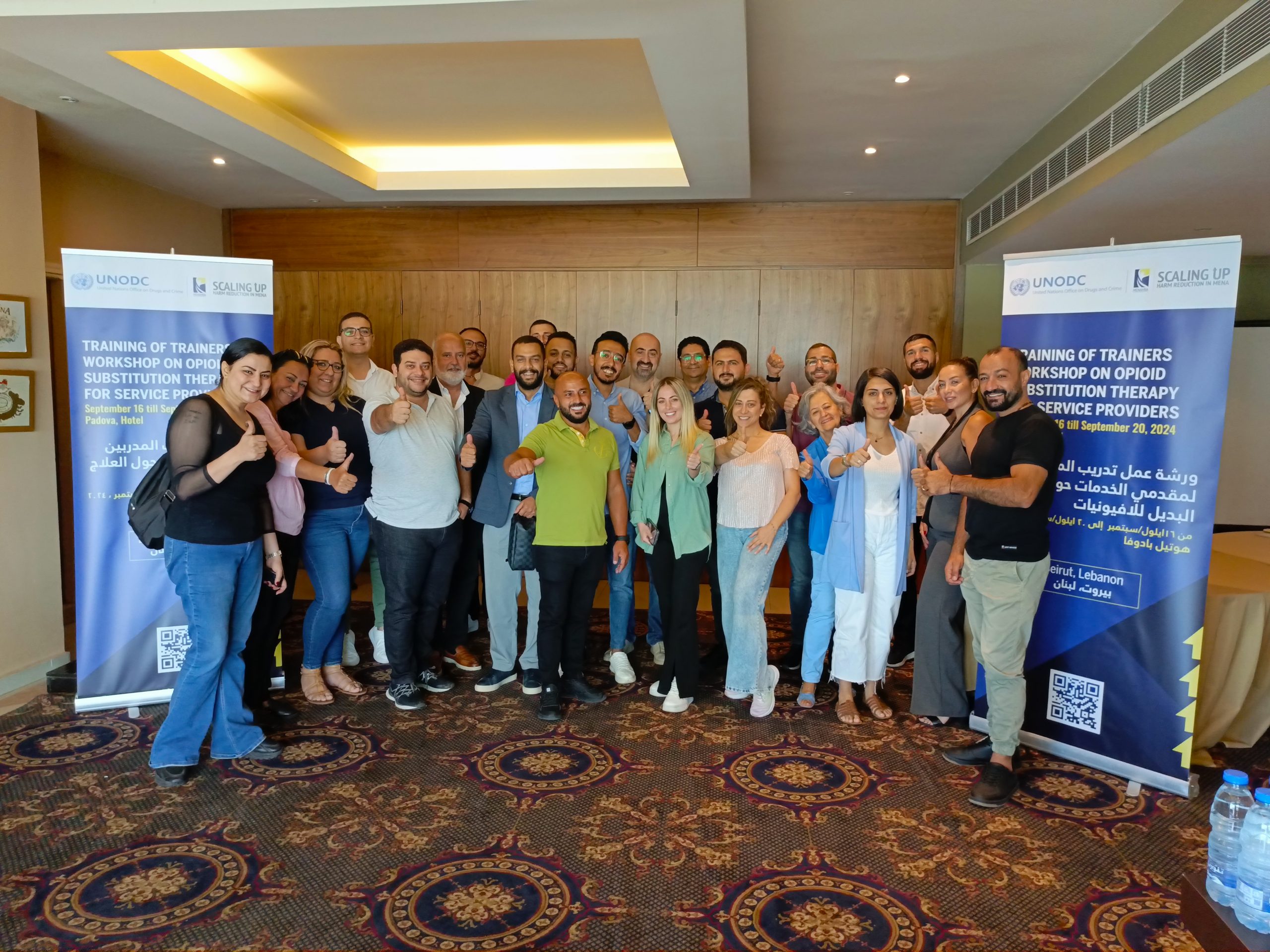Hepatitis C, a debilitating liver disease, has long plagued communities around the world, particularly those affected by drug use. In Egypt, where people who use drugs (PWUD) face disproportionately high rates of Hepatitis C transmission, a groundbreaking multi-year project aims to turn the tide.
Funded by UNITAID and led by Frontline AIDS, the “Innovate, Involve, Inspire: Preventing Hepatitis C Through Community-Led Harm Reduction” (Hep C III) project has taken a comprehensive approach to addressing this critical public health issue. As the regional coordinator, the Middle East and North Africa Harm Reduction Association (MENAHRA) has played a pivotal role in providing technical assistance and ensuring the project’s success.
The Hep C III project focuses on three key areas:
- Integrating Hepatitis C testing and treatment within existing harm reduction programs to streamline access for PWUD.
- Exploring the use of low-dead space syringes to reduce Hepatitis C transmission.
- Examining the efficacy of long-acting buprenorphine formulations in opioid agonist therapy (OAT) programs to improve treatment adherence.
Scaling Up Through Community Engagement
At the heart of the Hep C III project lies a deep commitment to community involvement. The project recognizes the invaluable insights and perspectives of local organizations, which have a profound understanding of the realities of drug use in Egypt. Their input has proven instrumental in tailoring the project’s protocols to address the specific challenges faced by PWUD in the region.
Building Capacity: Partnerships and Stakeholder Engagement
The project’s success hinges on collaboration with various stakeholders, including the United Nations Development Programme (UNDP), the World Health Organization (WHO), and the Egyptian Ministry of Health (MOH). Meetings with these organizations focused on adapting the project’s global protocols, securing local ethical approvals, and finalizing implementation plans.
Assessing Readiness: Site Visits and Training
Crucial site visits were conducted to evaluate potential implementation sites, such as hospitals and community drop-in centers, and assess their readiness to participate in the project’s various components. Additionally, a two-day Safer Injection Training was held in Cairo, empowering harm reduction teams with essential knowledge on promoting safer injection practices among PWUD.
Beyond the Reports: Challenges and Opportunities
While progress reports documented project activities, they offered a glimpse into the challenges and opportunities encountered. Site visits revealed evolving OAT landscapes, with some facilities offering take-home methadone and plans for prison integration. However, challenges in procuring buprenorphine remained. Collaborative discussions explored solutions, such as coordinating with other organizations and ensuring flexible protocols.
A Stepping Stone for a Brighter Future
The Hep C III project is a significant stride forward in the fight against Hepatitis C among PWUD in Egypt. By combining harm reduction strategies, testing, and treatment, the project aims to break the cycle of Hepatitis C transmission and pave the way for a healthier future. Through its collaborative approach, the project leverages the expertise and insights of local organizations, fostering community-driven solutions that can have a lasting impact.
While challenges will inevitably arise, the Hep C III project offers a beacon of hope. It demonstrates a comprehensive and innovative approach to tackling Hepatitis C among PWUD in Egypt, providing a blueprint for replication and expansion to other regions facing similar public health challenges.
